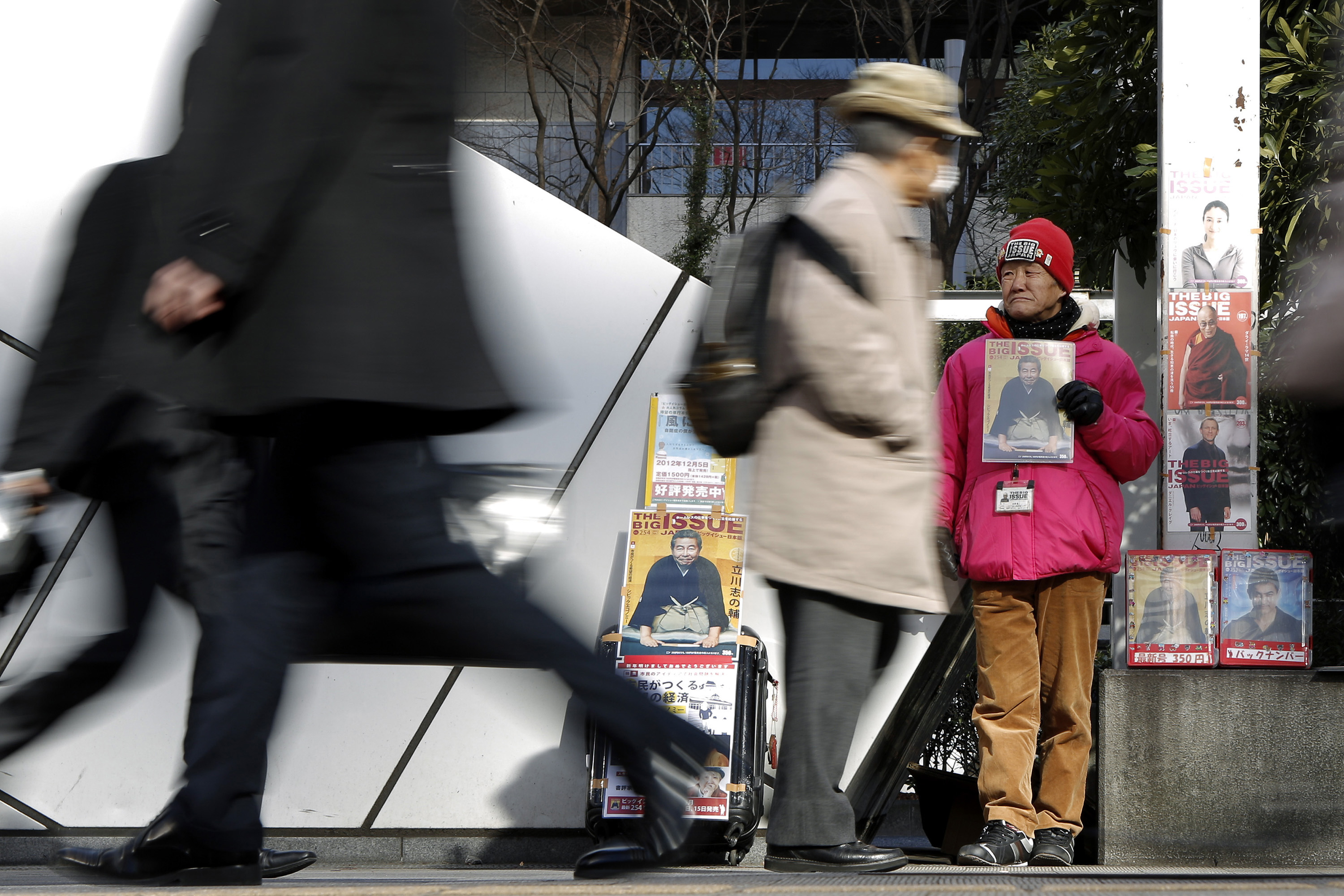Most people seem to agree: 2015 was a pretty gloomy year worldwide. And the same could be said for life on the archipelago.
As the Japanese media likes to repeat over and over, 問題は山積している (Mondai wa sanseki shiteiru, "We have a mountain of problems"), and among them is the issue of koyō (雇用, employment). In early November, we had a surprise announcement from the 厚労省 (Kōrōshō, short for Kōseirōdōshō, or Ministry of Health, Labor and Welfare) that a whopping 40 percent of Japan's workforce is 非正規雇用 (hiseiki koyō, in nonregular employment), meaning they are working on fixed- term, temporary or part-time contracts. In other words, nearly half the people stomping the streets in the morning are at risk of losing their jobs at any given time.
Especially vulnerable to this wind are women. As much as our 首相 (shushō, prime minister) likes to spout slogans like 女性の活用 (josei no katsuyō, "deploying women") and 女性が輝ける社会 (josei ga kagayakeru shakai, "a society where women can shine"), it's just not happening, おじさん (ojisan, "uncle" or just "older man"). Not only are women often the first in line to get fired when things go awry in the workplace, but the majority of companies like to pretend that when a woman becomes a mother, she would actually prefer to quit work and stay home forever and ever.



